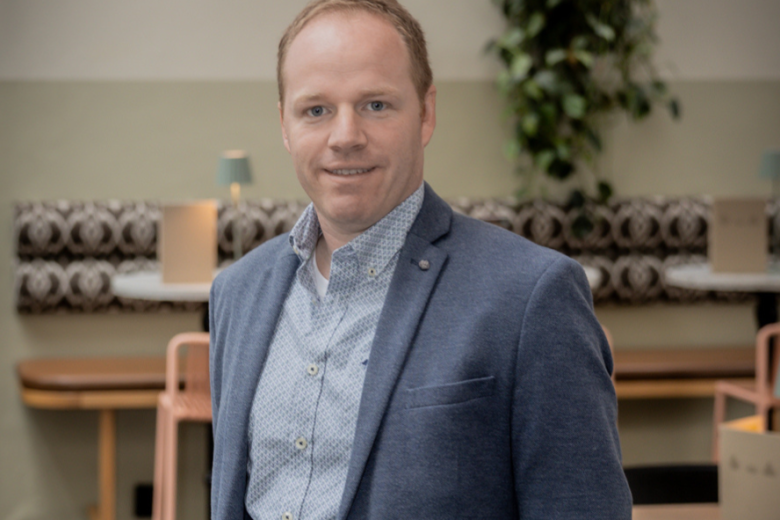Societal changes also needed to stop education race
According to sociologists Rolf van der Velden and Arie Glebbeek, education is in a deep crisis. More and more people are pursuing higher education in order to stay ahead of the rest, creating a veritable education race. Changes in education policy are not going to sufficiently turn the tide, the two warn in a recently published memorandum.
More and more people are pursuing higher education. This is not surprising, according to sociologists Rolf van der Velden (Maastricht University) and Arie Glebbeek (Groningen University). In our merocratic society, education is the way to achieve social success. And the large pay and status differences make it rational for people to choose higher education sooner.
Educational race
Because of this "educational race," the position of secondary vocational education has been eroded. This has major negative social consequences, such as squeezing shortages of skilled workers at the intermediate vocational level and growing inequality. There are also consequences at the individual level, such as students and parents having to make ever greater investments - such as paid forms of tutoring - to stay ahead of the rest.
From ladder to fan
Minister Dijkgraaf of Education, Culture and Science wants to turn this tide. So in the fall of 2022, he announced that he wants to transform education. From a "ladder" in which there is only one way up to a "fan. In a range, people can develop in different directions and education is valued across the board.
Stepchild
In a memorandum recently published by the Research Center for Education and the Labor Market (ROA), Van der Velden and Glebbeek argue that for a long time the government itself has contributed greatly to the situation that has arisen. Indeed, vocational education has been the 'stepchild' for decades. For a long time, 'head' was valued higher than 'hand' and 'heart'. Or, put another way: the focus was much more on academic skills than on vocational skills.
Societal changes
The sociologists warn that the changes in education policy proposed by Dijkgraaf are not enough to stop the education race. They argue that a number of societal changes are also necessary that remove the underlying financial incentives to pursue more and more education.
Four switches
In their memorandum, the authors describe four changes, or as they call it themselves, "switches. First, the authors call for a drastic narrowing of the pay gap between wo, hbo and mbo, and better pay for professions that contribute to social welfare, such as healthcare personnel, police, cleaners, and teachers. In addition, they recommend that more effort be made to entice talented students to choose sectors of high social significance. Another recommendation is that professional pride and identity should be strengthened in vocational education. Finally, the authors believe that the focus should be shifted from what is highest for students to what suits them.
Also read
-
From Study to Startup: The story behind Famories
When Lennie and Neele graduated, while many of their classmates were busy fine-tuning CVs and stepping into roles at top companies, they took a detour by recording podcasts with their grandmas. What began as a charming way to cherish family memories has blossomed into Famories, a vibrant startup...

-
Young people in higher education mainly choose based on their interests. A better link with labour market opportunities is needed.
Against the backdrop of structural labour market shortages, it is of social importance that young people choose courses that not only match their interests and talents but also lead to occupations with good employment prospects and social value, particularly in sectors such as healthcare, education...

-
Is prevention cheaper than cure?
Preventing disease is not always cheaper than treating it — but it can be vital for keeping healthcare affordable and accessible. Professor Mickaël Hiligsmann (VHC), newly appointed Professor of Health Preferences and Economics of Prevention at CAPHRI, studies how preventive measures can deliver...
